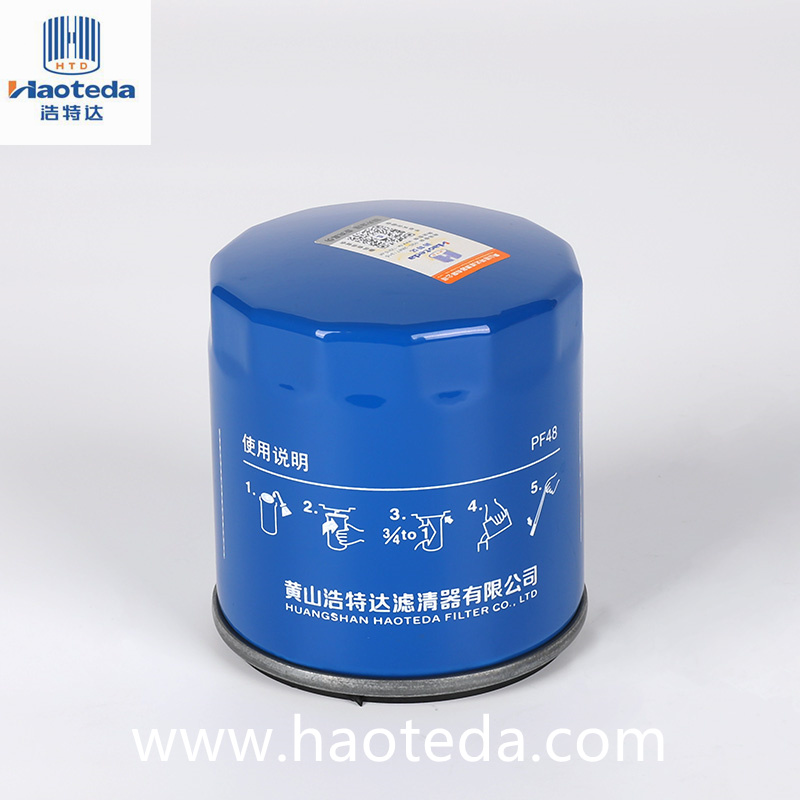When it comes to engine maintenance, the choice of oil filter can significantly impact performance, especially in relation to high-viscosity oils. Synthetic oil filters stand out in this realm, designed with advanced materials and construction methods that enable them to excel where conventional filters may fall short. High-viscosity oils, which are thicker and can be more challenging to filter, require a system that not only accommodates the density of the oil but also maintains optimal flow rates to protect the engine efficiently.
Synthetic oil filters typically feature high-efficiency media, which can be either a synthetic blend or full-synthetic material. This construction allows for superior filtration capabilities, meaning they can trap smaller particles and contaminants that might otherwise slip through standard filters. As a result, when using high-viscosity oils, synthetic filters demonstrate enhanced performance, ensuring that engine components remain clean and free from abrasive debris. The ability of these filters to maintain high flow rates, even with thicker oils, is a testament to their design. This characteristic is crucial because it ensures that adequate oil reaches critical engine parts, promoting lubrication and reducing wear.

In contrast, conventional oil filters may struggle with high-viscosity oils. They often use less efficient filtration media that can become saturated more quickly, leading to a decrease in performance. This is particularly concerning during cold starts, when oil is naturally thicker and requires more effort to circulate. Conventional filters may experience reduced flow, potentially leading to inadequate lubrication at a time when it’s most needed. Therefore, for those who rely on high-viscosity oils—often favored in performance engines or extreme driving conditions—the benefits of synthetic oil filters become even more pronounced.
Furthermore, the construction of synthetic oil filters often incorporates features such as high-capacity design and anti-drain-back valves, which work together to enhance their efficiency. These features help ensure that oil stays within the filter, preventing dry starts and ensuring immediate lubrication when the engine is turned on. This is especially advantageous when using high-viscosity oils, as the immediate flow of well-filtered oil can significantly mitigate engine wear during those critical moments.
When comparing synthetic oil filters to conventional filters in handling high-viscosity oils, the advantages are clear. Synthetic filters provide superior filtration, maintain better flow rates, and offer essential features that enhance overall engine protection. For drivers who prioritize performance and engine longevity, investing in a quality synthetic oil filter can be a game changer, ensuring that their engines operate smoothly, efficiently, and reliably, mile after mile. Whether you're navigating city streets or tackling rugged terrain, the right filter can make all the difference in your vehicle's performance.
 English
English
 English
English Español
Español Français
Français
 +86-139-6774-0263
+86-139-6774-0263









